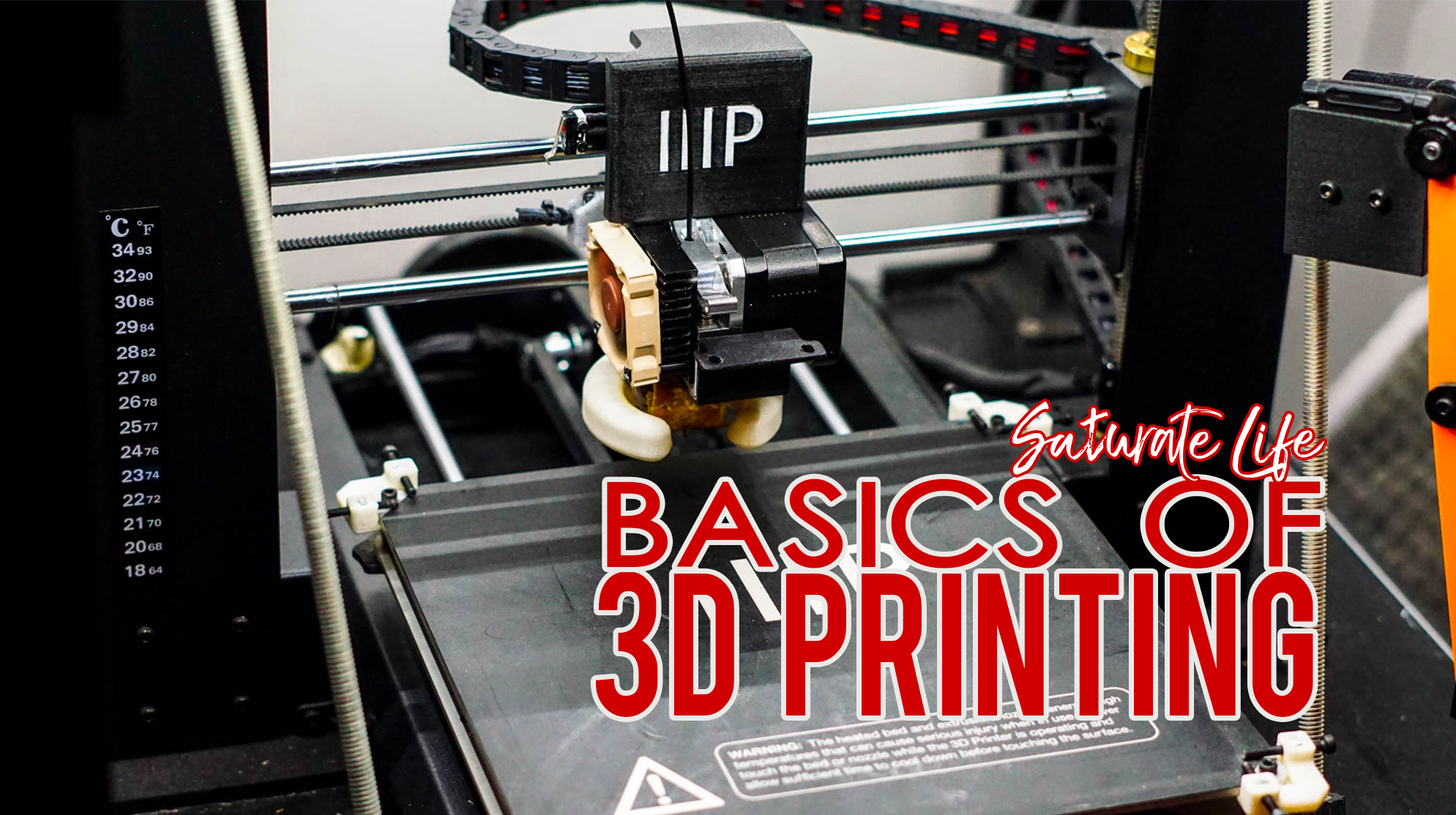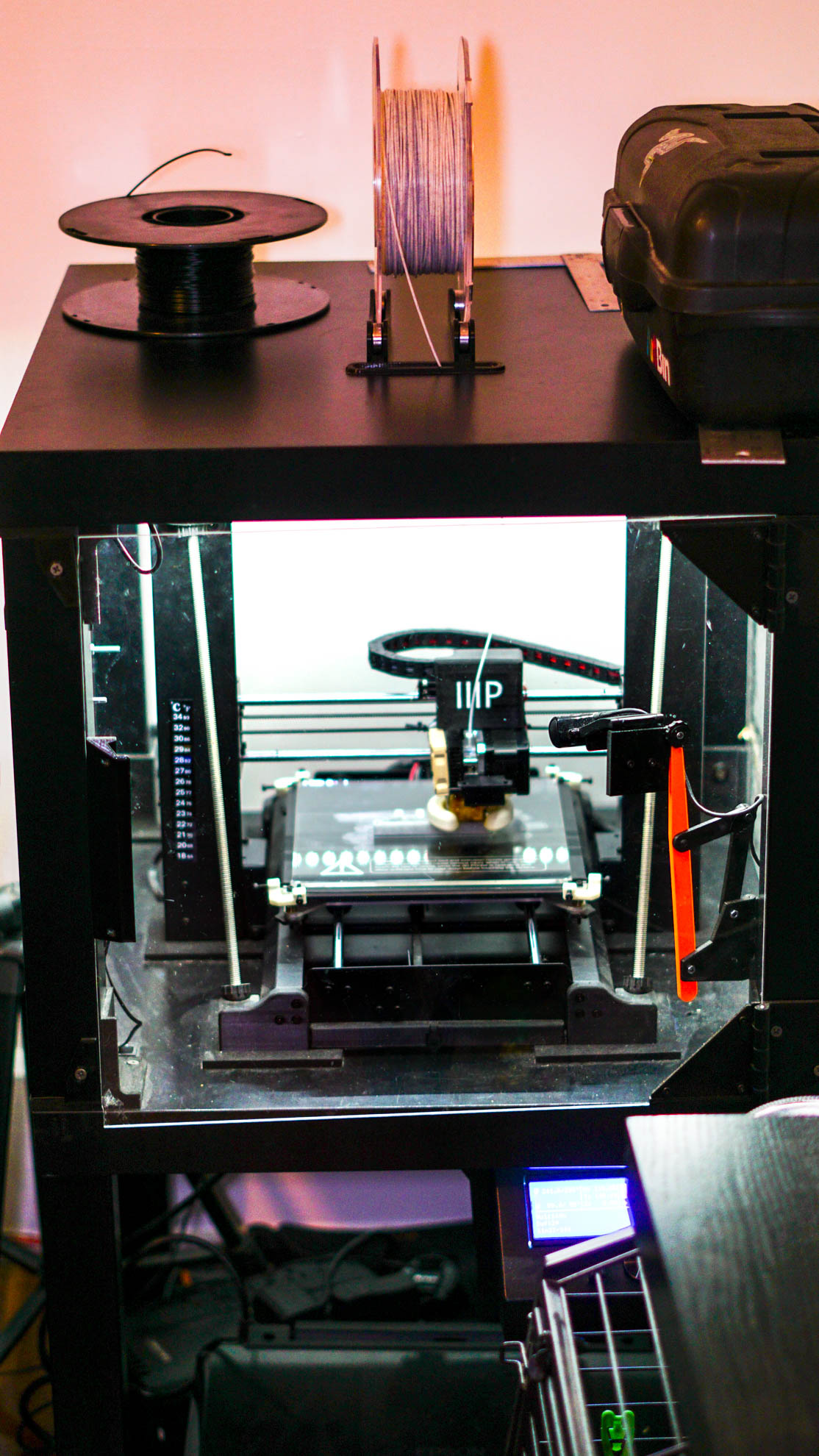Recently Fitzi and I had the opportunity to collaborate with my co-worker Christian. He’s a brilliant designer and a total nerd about 3D printing. To feed my curiosity he walked me through some 3D printing basics, the best programs to use for 3D printing, and assured me that 3D printing is not a total DIY cop-out.
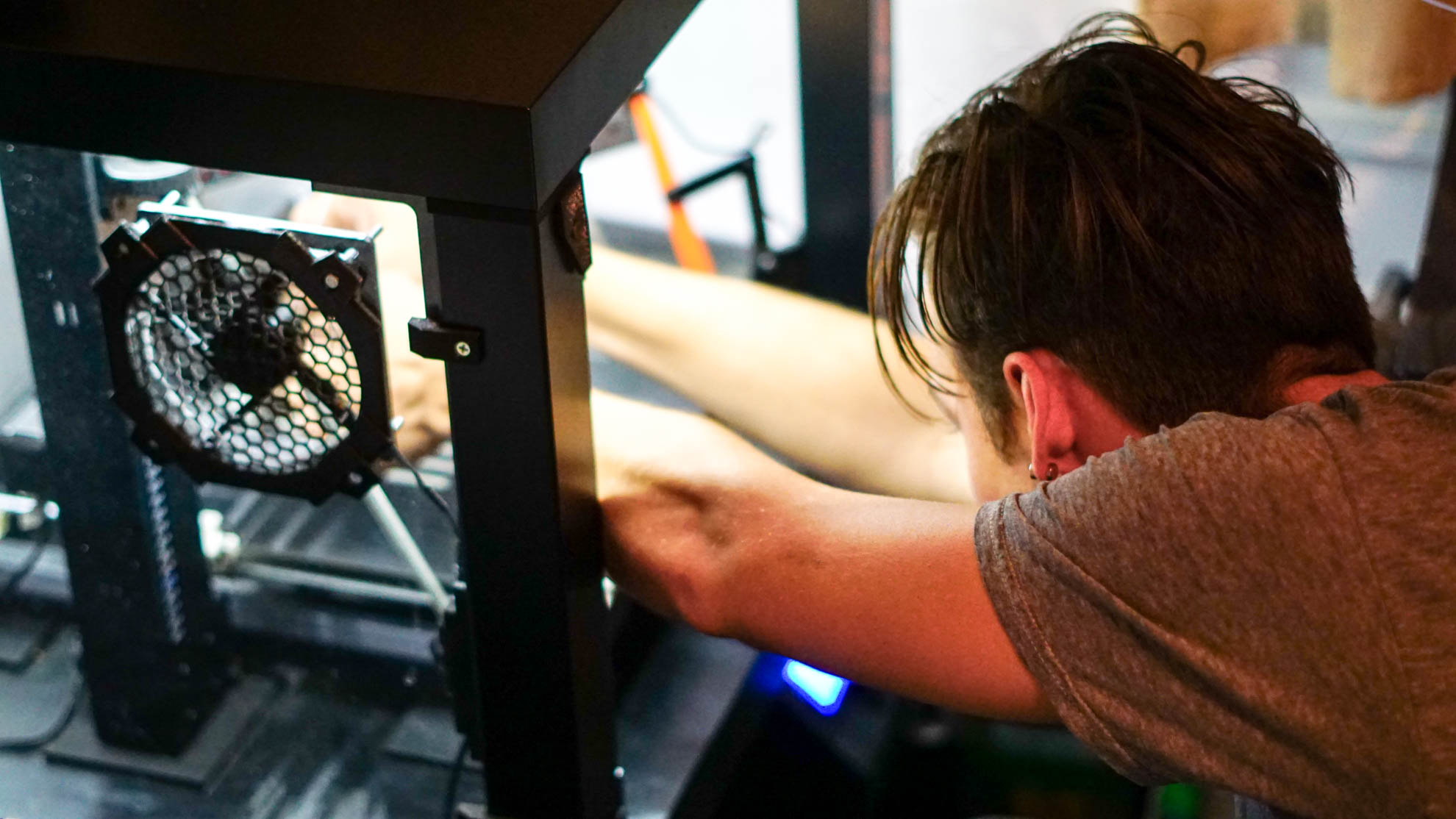
While in school I used some 3D printers. I understood 3D printing basics (okay maybe less than basic) and made some cool projects out of plaster and plastic that would have been impossible otherwise. However, I made the computer file and then the tech at the lab would just kinda pity on me and take over from there. Christian was probably that lab tech.
3D Printing Basics: The Computer Programs
Disclaimer: These programs are not the only programs available for the 3D Printer enthusiast. I am suggesting them because they are either free or cheap.
3D Modeling: SketchUp

Sketchup is an online 3D modeling program by Google. It’s perfect for 3D printing basics because the free version will get you where you need to go, the 3D Warehouse is awesome, and SketchUp is intuitive for even novices in 3D modeling software. If you are having difficulties there are a billion and one tutorials on Youtube. However, Christian, warns it will make your life so much easier to install a few plugins such as these ones suggested by i-materialize.
Alternatively, the website Thingiverse.com can help you circumnavigate the whole 3D modeling with thousands of pre-made ready-to-print models. To save some time, first
3D Printing: Slic3r
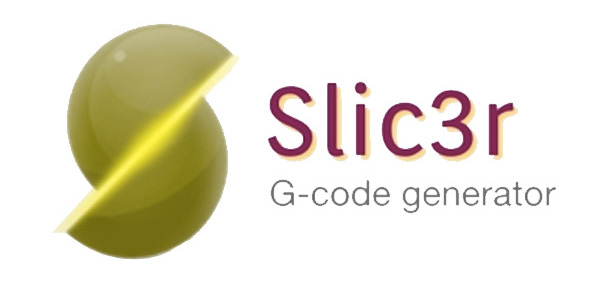
Slic3r is an open source software that will take the 3D model and slice it up for compatibility with your 3D printer. 3D printing is basically done by the gradual layering of melted plastic. Most shapes will require interior supports so the whole thing doesn’t cave in on itself or won’t be the right shape. Slic3r will generate that data and those supports for the print.
3D Printing Management: Octoprint

Octoprint is another open source software to make it easier to manage your 3D print as it’s printing. This online software helps you visually keep tabs on your print (if you have a webcam hooked up it), monitor time, placement of the printer head, temperature gauges, and similar important pieces of data for a smooth print. It can also remotely start and stop the print in case if there is an issue with a 12-hour print so you aren’t wasting plastic and having a literal huge meltdown.
3D Printing Basics: The Printer
People are all up in a tizzy because it’s possible to purchase a 3D printer for $300. Yes. It’s possible. But the way I would explain it, the $300 printer is like getting the ink heads for your normal printer but the ways to hook up the ink and print out paper is like some Frankenstein’s workshop of wires and parts that require careful calibration for every print and maybe-could-potentially burn your house down. It’s the bare bones of the technology and it is not convenient. But you can make it more convenient.
Christian’s cheap 3D printer is the Monoprice Maker Select V2.1. It works right out of the box without the flair that some $2000 printers have. “I was not able to right out purchase such a nice 3D printer I was convinced I could get the Monoprice Maker Select V2.1 and upgrade it…” Which he did in true DIY spirit.
The encasement for his modified 3D printer is easily recognizable. 2 Ikea LACK tables, stacked and upgraded with some openings and a ventilated acrylic enclosure. He laughed as he pointed out which parts he actually 3D printed to hold the enclosure together.
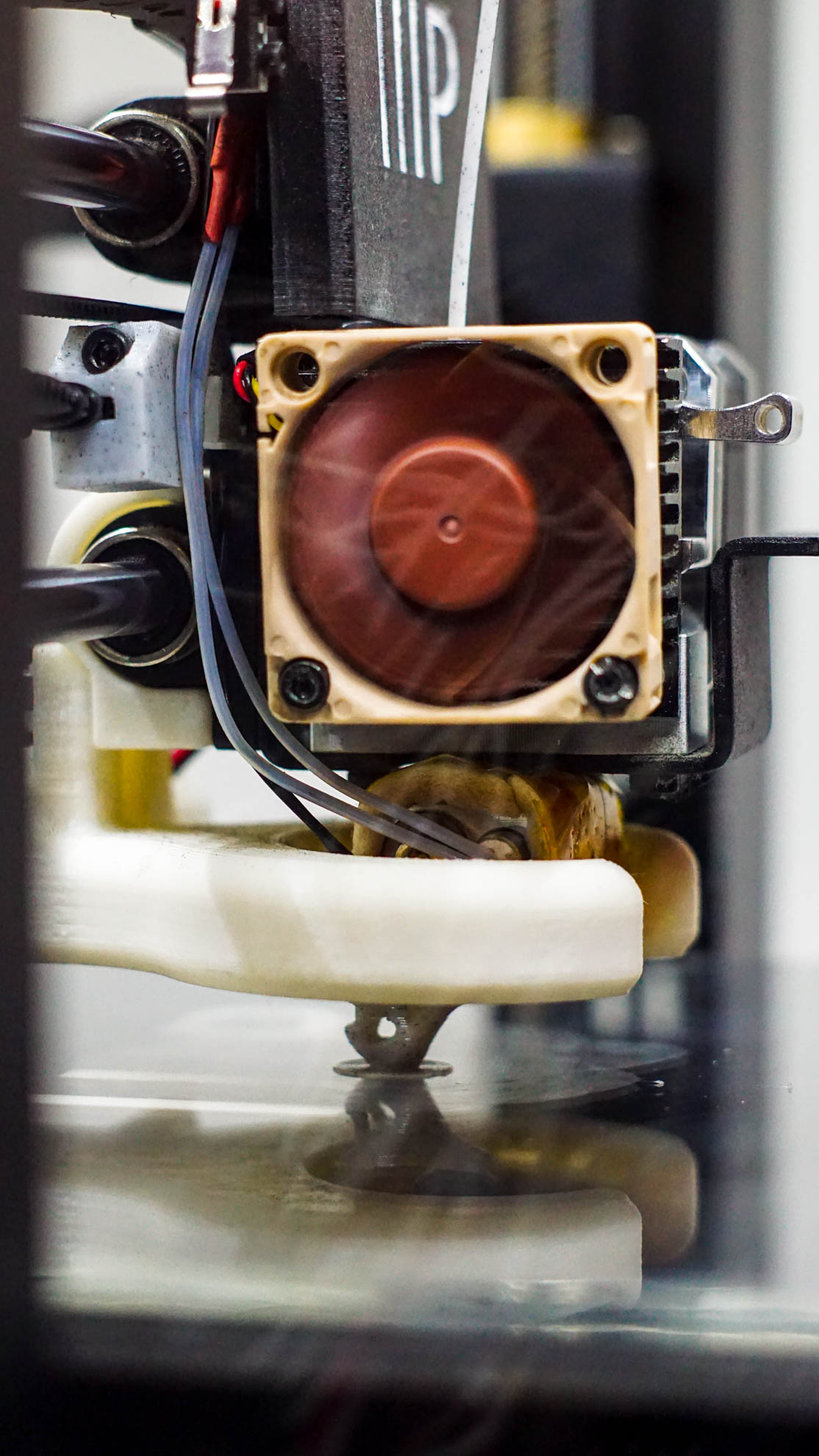
It was a long process of tweaks. With resources of other 3D printers such as those who frequent reddit.com/r/3dprinting. Christian took one of those Frankenstein $250 printers and with about $500 worth of modifications, he made it with all the perks of a $2000 printer. To read more about his awesome modification for his cheap 3D printer you can read more from /u/Daodeer’s Reddit Post Here
3D Printing Basics: The Plastic
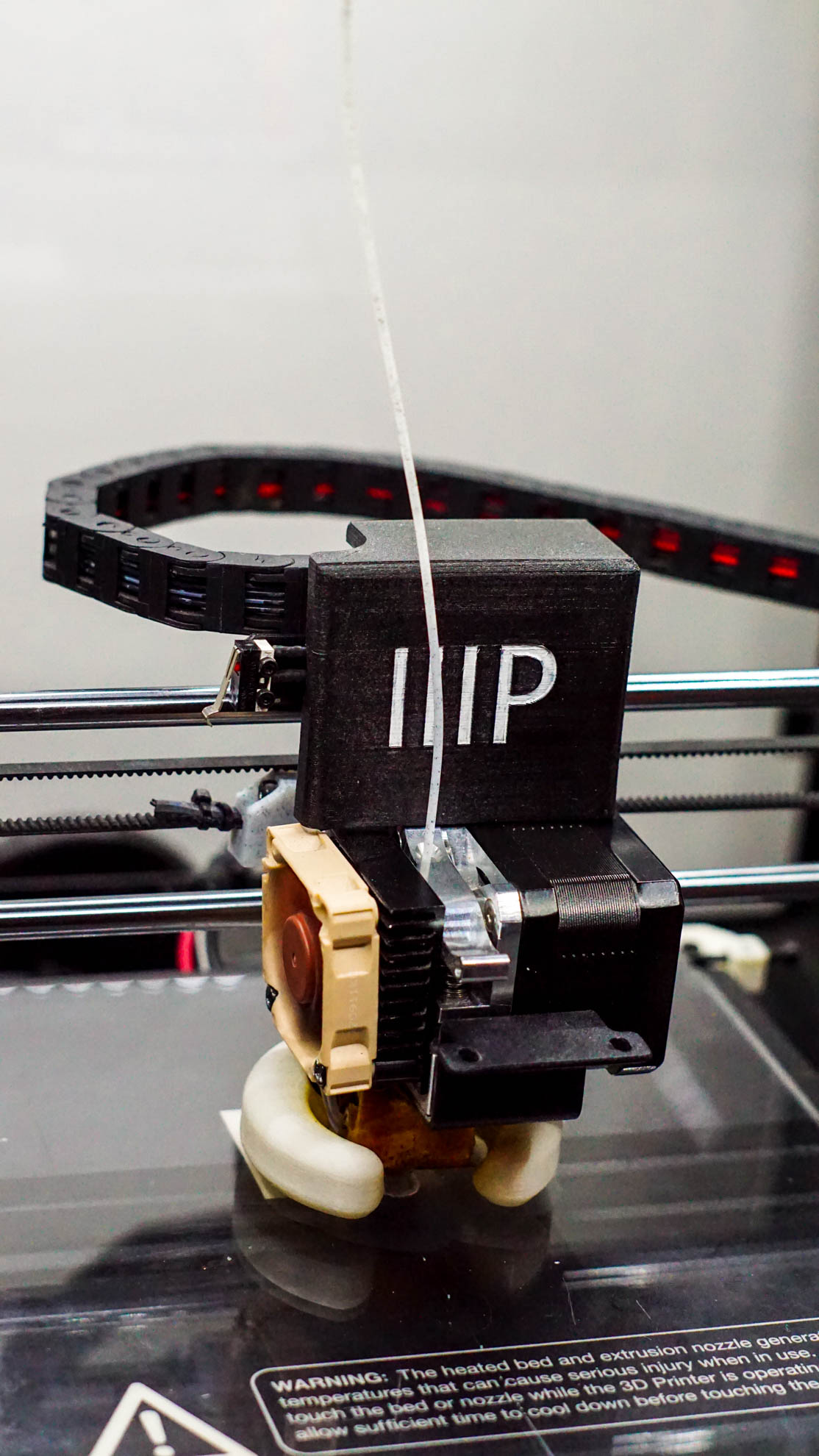
When starting out with printing all the anagrams for the different plastics can be overwhelming. The different plastics have different purposes but to get down to the nitty-gritty for the beginners go with PLA or Polylactic acid filament. PLA is probably the most affordable, easiest plastic to work with. It is made from corn starch, has a lower melting point and won’t as easily warp while cooling. Because of its organic materials it will eventually decompose (think decades) and smells sweeter during the printing process.
3D Printing is a DIY Tool
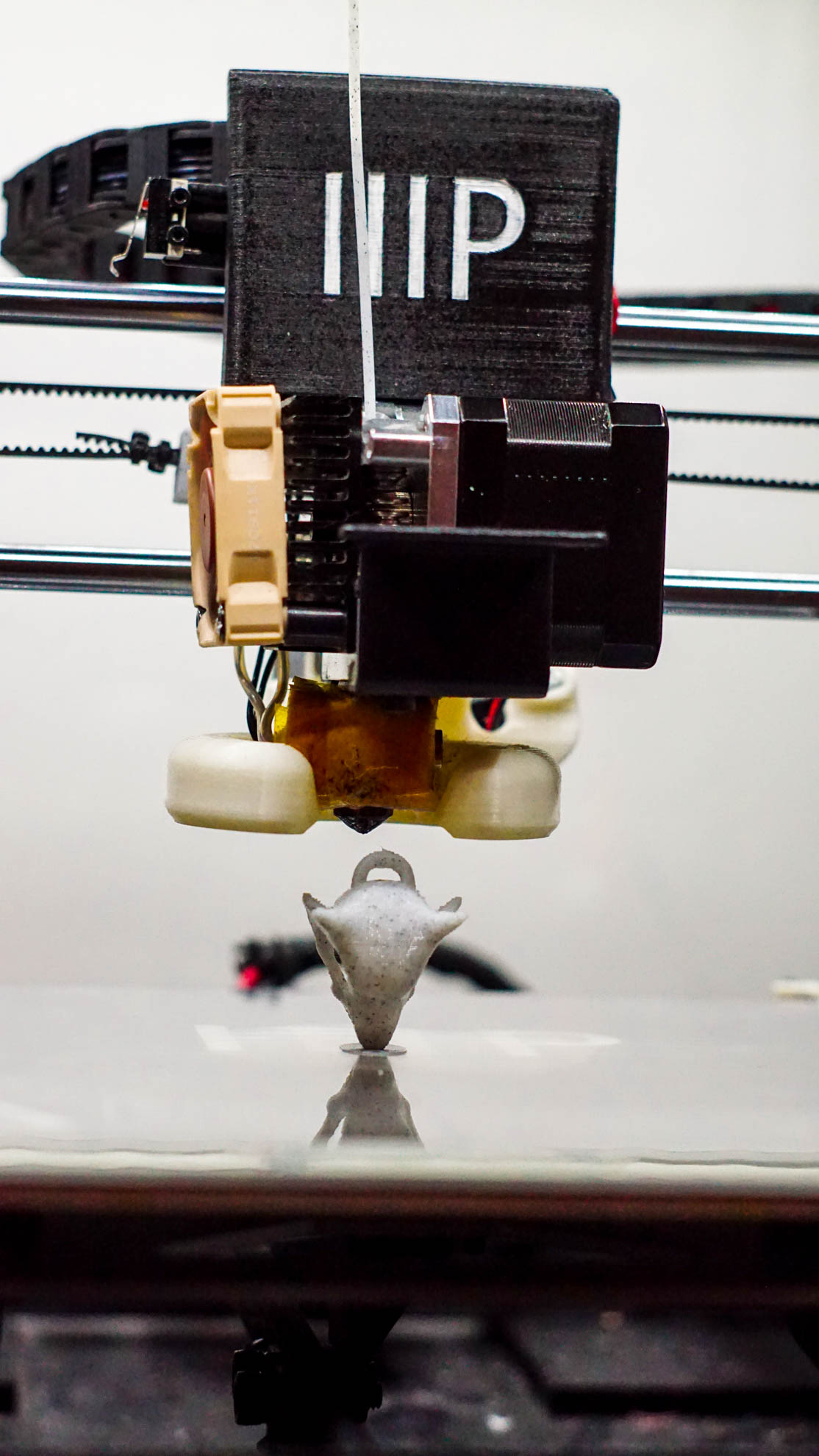
3D printing is by no means a be-all-end-all of DIYers. It’s probably the most complex tool in the toolbelt. It will be some time before 3D printing is easy to use at an affordable price. Currently, 3D printing is a more difficult solution to easy problems. However, it is a fantastic solution to those niche problems with almost no solution
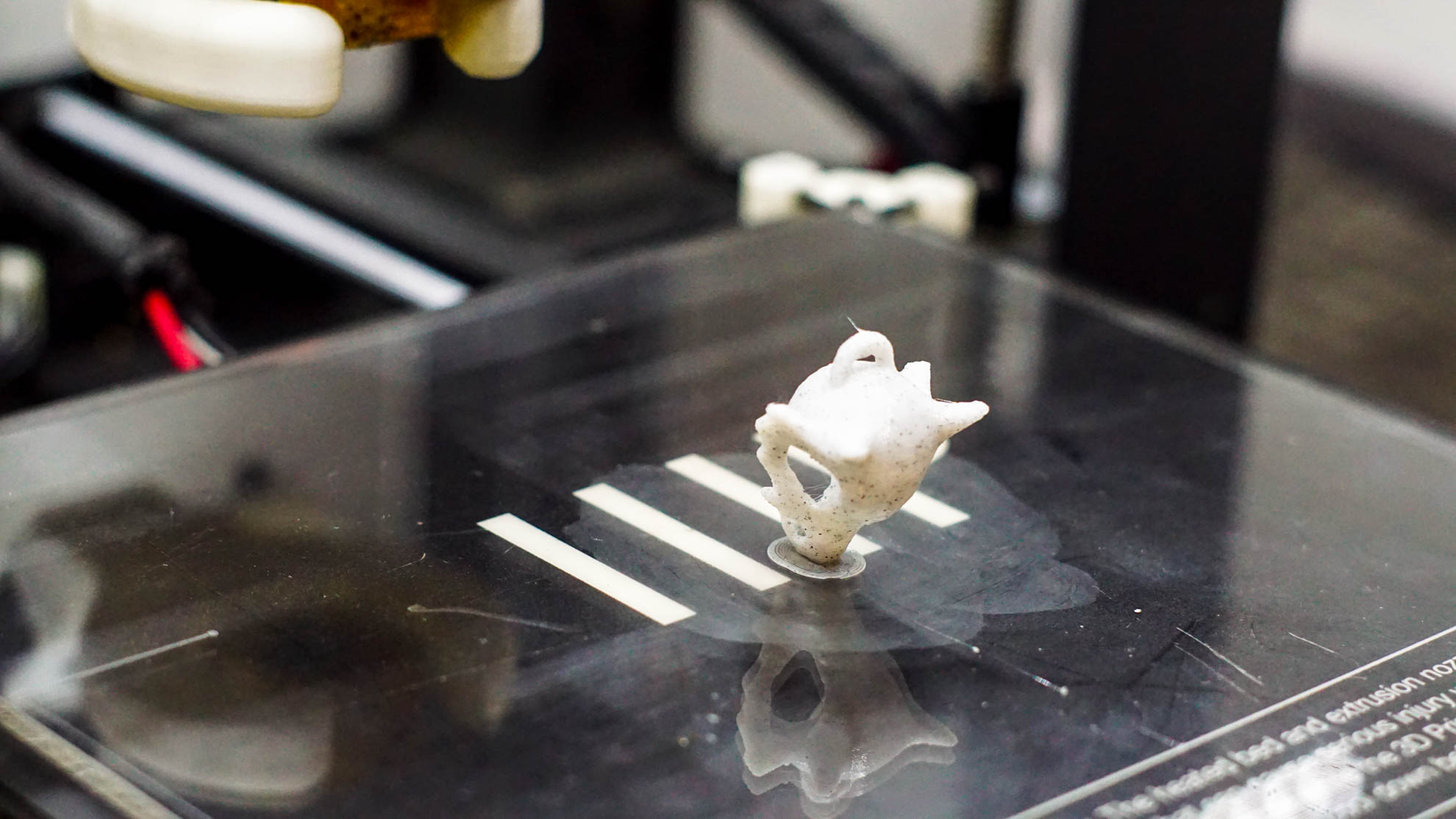
When I think of DIY I think of it as literally Do It Yourself Solutions. Rather than constantly buying new. I think it’s a mentality to create with what we have or find alternative solutions to a problem. Whether that’s repurposing old shirts, making the exact right centerpiece for your holiday feast, or fixing your fridge because a little plastic bit broke off. It’s all about finding alternative solutions to problems and finding the good in everything.
Want to know more? Follow Christian!
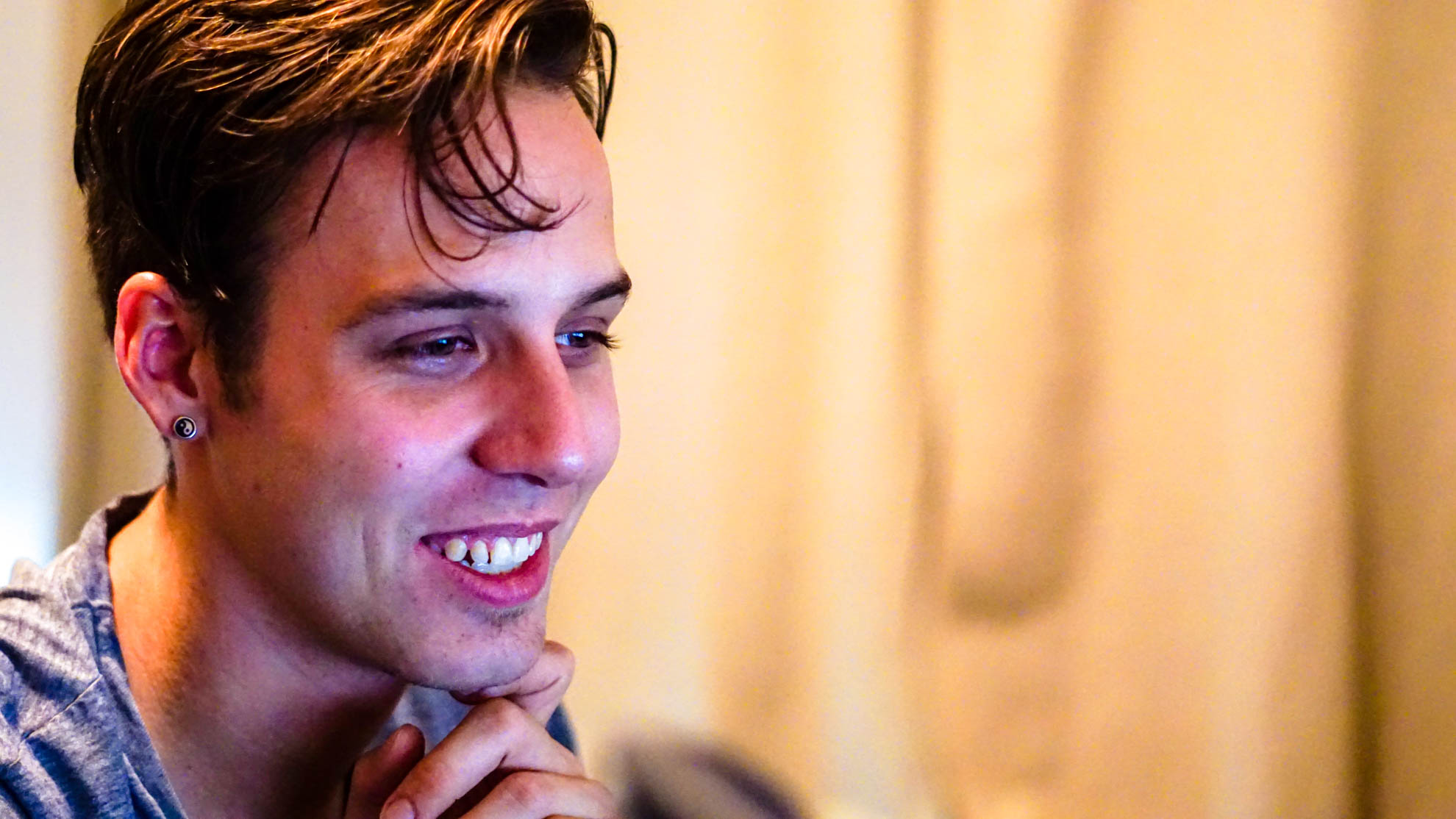
If you want to know what Christian is up to with his printing shenanigans you can stalk him in a socially acceptable manner through his various social media accounts:
- Instagram: @DDDPrinstagram
- Reddit: u/DaoDeer
- Thingiverse: TectonicDiscoveries
Thank you, Christian, for letting Fitzi and I wander into your home and ask too many questions about 3D Printing Basics. It is much appreciated, keep your passion alive!
Another
Check out the awesome video he made of the entire 3D P
I hoped these 3D Printing basics helped make it a little bit less daunting and a bit more exciting. Thank you for checking out my blog and I hope you come back soon!


